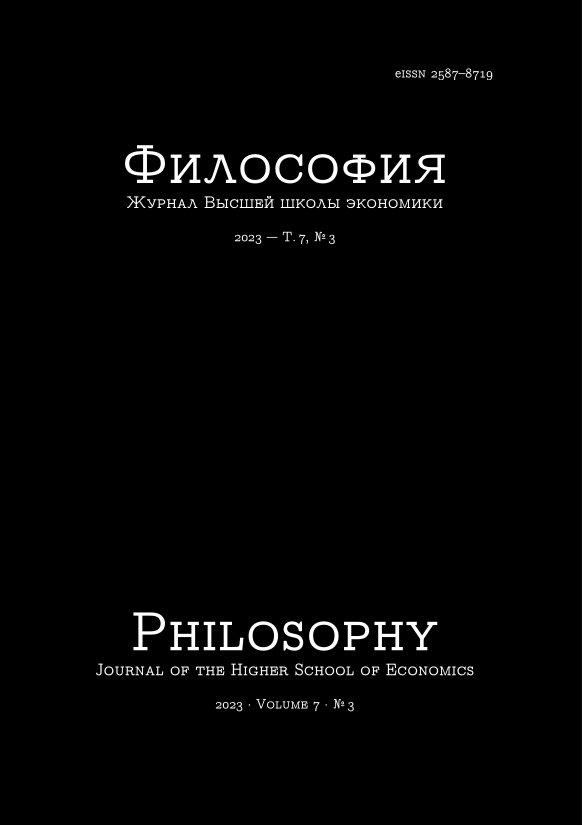“The Most Independent Person in the Whole World”
Herzen about the Origin and Sense of Russian Nomadism
Abstract
The article is focused on the analysis of work of French historian Jules Michelet intitled Democratic Legends of the North and the polemical answer given by Russian philosopher and essayist Alexander Herzen. Michelet's work is political pamphlet describing in biased way the repression of Polish uprising of 1830–31 by the Russian government. His analysis is not limited by the scrutiny of the geopolitical rapport des forces in XIX century Europe but tends to represent Russia as some sort of pathology in comparison to the process of nation-building. Although in his response Herzen acknowledges the reactionary role of Nikolai I political regime in Europe, he fiercely rejects the idea of moral and cultural backwardness of Russian civilization. He presents the eminently forming democratic tradition in Russia focusing on its radical and socialist character that could potentially make it far superior in comparison to the bourgeois “half-freedoms” officially allowed Europe. Herzen makes a particular emphasis on Russian rural community that maintains its “natural communist” tendencies and thus “survived till the formation of socialism in Europe”. In the last part of the article the parallels between Herzen's anarchist communism and some poststructuralist political theories are established. In the work of Pierre Clastres, Gilles Deleuze and Felix Guattari, David Graeber and Eduardo Viveiros de Castro one may found the ideas about the potential of resistance to the disciplinary techniques of power and related state forms contained in many primitive and nomadic societies.
Downloads
Copyright (c) 2023 Philosophy Journal of the Higher School of Economics

This work is licensed under a Creative Commons Attribution-NonCommercial 4.0 International License.






